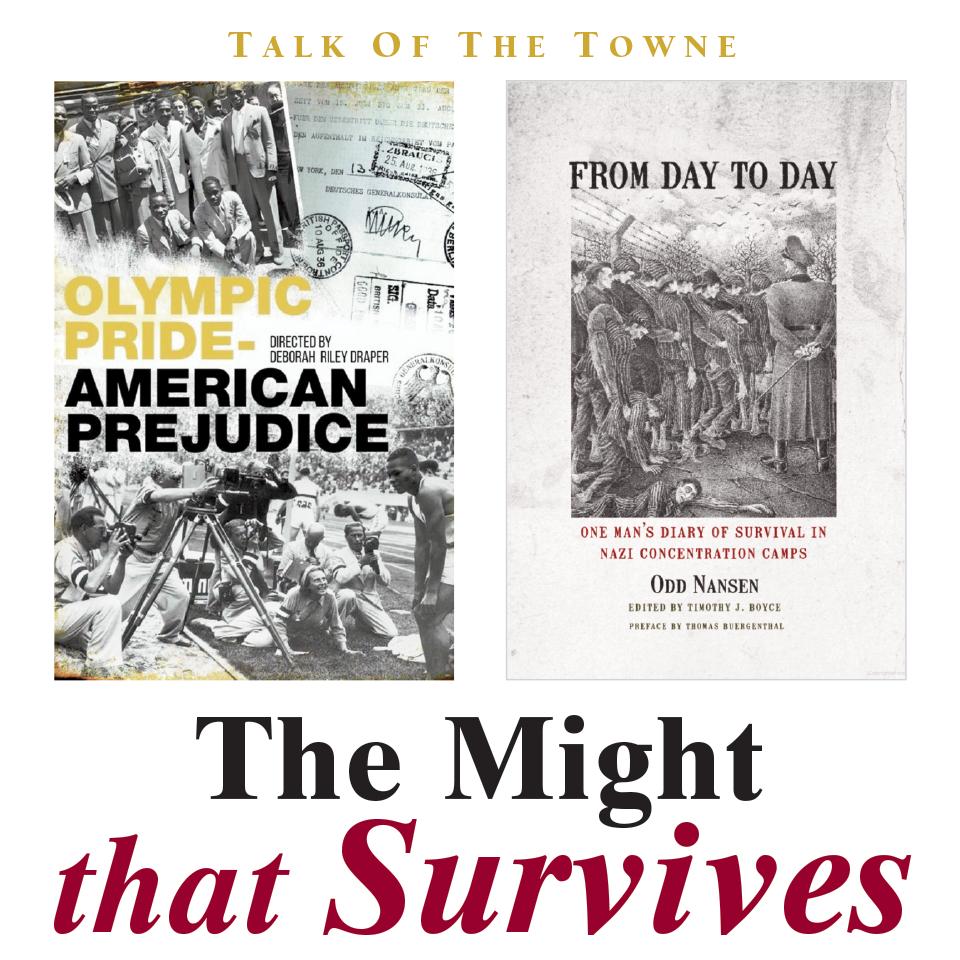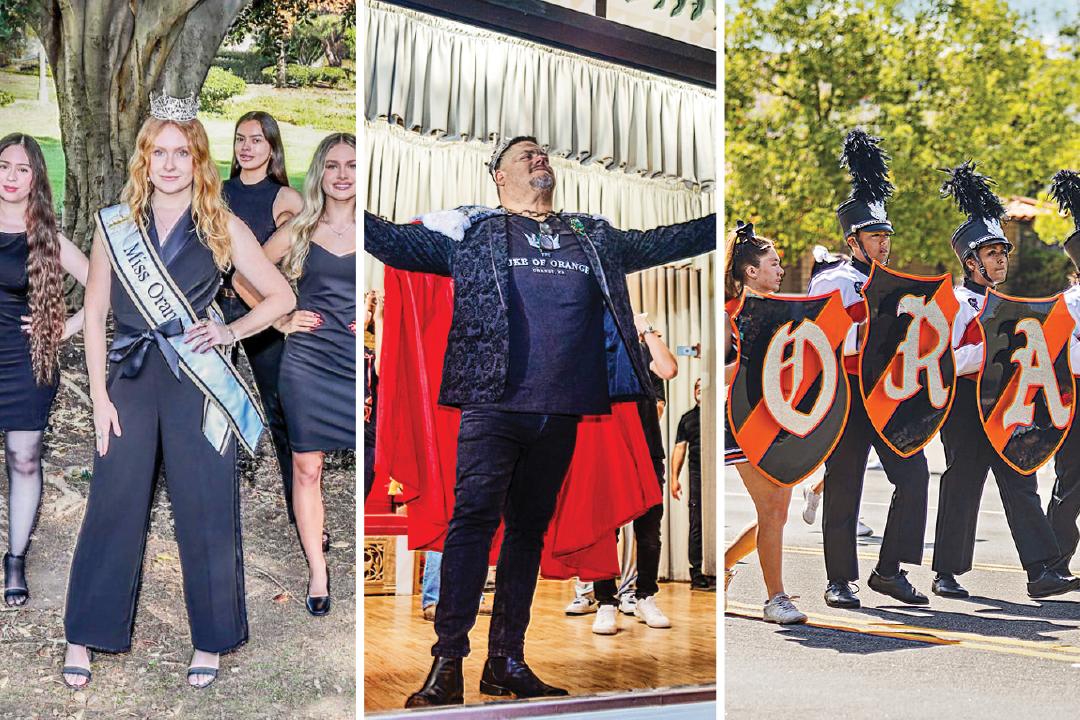
During trying times, it becomes especially valuable to pay attention to our history. It is in reflection we discover how humanity has survived past challenges. Crucial in that endeavor are courage and empathy.
Chapman University’s Rodgers Center for Holocaust Education is focusing their Fall Series on the theme, “Sharing Strength-Sustaining Humanity.” Two free online programs will focus on two very different events, one on African American athletes, often treated like second class citizens, who nonetheless chose to represent their country in the 1936 Olympics. The other on a Norwegian hostage of the Nazis who looked beyond his own safety to help a young Jewish boy survive the concentration camp Sachsenhausen. Both events focus on inspiring stories that speak to the roles of courage and empathy in the most challenging of times.
Night One - Tue / Oct 20 / 6 pm
The series begins October 20th with the screening of the documentary Olympic Pride, American Prejudice, followed by a Q & A with the film’s writer and director Deborah Riley Draper. Nominated for an Image Award by the NAACP, the film centralizes upon the 17 African American athletes, two women and 15 men, who competed alongside Jesse Owens in Berlin’s 1936 Olympic Games.
While Hitler viewed the Games as an opportunity to prove the superiority of the so-called Aryan race and banned non-Aryans from joining the German team, he allowed competing teams to represent diverse racial and religious backgrounds. Countries, including the U.S., were divided on whether they should boycott or compete in the Olympic Games, which Hitler viewed as an opportunity to showcase Berlin and Nazi power.
As the Rodgers Center’s founding Director Marilyn Harran emphasizes, “Once the decision to participate was made by the U.S. Olympic Committee, individual athletes still had to each make their own decision. It was a decision that was especially difficult for both Jewish and African American athletes.”
Harran continues, “As this documentary illustrates so well, these athletes, who represented a country that often subjected them to prejudice and discrimination, consistently shared their strength with one another, gave the Games their all and represented both the United States and humanity at its best.”
Night Two - Mon / Nov 9 / 6 pm
While the Center’s first event focuses on events that at the time drew the attention of the world, the second event reflects upon the violent attacks done in the dark of night. “To Remember and Reflect: In Memory of Kristallnacht” focuses on events of November 1938, the Night of Broken Glass, and their far-reaching consequences. The event is jointly presented with the Fish Interfaith Center.
Kristallnacht was a nationwide wave of violence launched against Jews, their places of worship, homes and businesses. While the Nazis claimed it was a spontaneous response to the murder of a German diplomat in Paris, sources reveal that the Nazis had long planned and coordinated such an event. The November pogrom against the Jewish community set on fire and destroyed many synagogues and damaged countless businesses. It subsequently led to the transportation of around 30,000 Jewish men to concentration camps, some of whom would perish there. Only a courageous few voiced their opposition and helped their Jewish colleagues and neighbors.
Chapman’s event focuses on the crucial roles of courage and empathy—the sharing of strength and sustaining of humanity—then and now. Students from diverse religious traditions will read texts from their traditions that emphasize the importance of community and of supporting one another in difficult times.
Offering a special message will be author Timothy Boyce, who annotated and brought to publication From Day to Day: One Man’s Diary of Survival in Nazi Concentration Camps, which memorializes the harrowing experiences of Odd Nansen, a Norwegian held hostage by the Nazis in several concentration camps. After the war, Nansen became a co-founder of UNICEF.
Harran noted, “In the concentration camp Sachsenhausen, Nansen befriended and shared his rations with a 10-year-old Jewish boy who had survived Auschwitz, thereby helping to save his life. Nansen exemplified generosity and decency in a time of brutality and inhumanity.” By sharing his strength and resources, he truly sustained humanity.
For the first time in the Rodgers Center for Holocaust Education’s 20 years, the events will be virtual, and all are invited to attend. Both events are free, online and available to the general public.
Screening of “Olympic Pride, American Prejudice” Tuesday, October 20, 6 pm Q&A following the screening with director and writer Deborah Riley Draper
To Remember and Reflect: In Memory of Kristallnacht, 1938, with Timothy Boyce Monday, November 9, 6 pm



